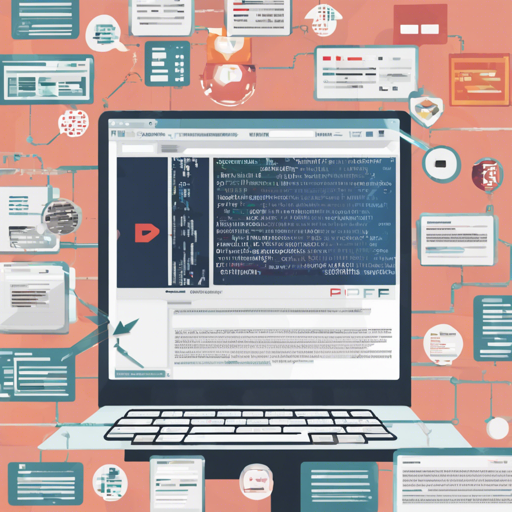mPDF is a powerful PHP library that allows you to convert UTF-8 encoded HTML into beautifully formatted PDF files. If you’ve ever wanted to create a PDF dynamically in your PHP applications, you’re in the right place. In this article, we’ll walk you through the installation, basic usage, setup configurations, and troubleshooting tips for mPDF.
Installation of mPDF
The easiest way to install mPDF is by using Composer, a dependency manager for PHP. Simply run the following command in your terminal:
$ composer require mpdf/mpdfThis will pull the mPDF library into your project. Ensure that you have a compatible PHP version as mentioned in the requirements section.
Using mPDF
Once mPDF is installed, using it is quite straightforward. Think of it as a magical printing press where all you need to do is give it your HTML content, and it will churn out a stylish PDF. Here’s a simple example:
require_once __DIR__ . '/vendor/autoload.php';
$mpdf = new \Mpdf\Mpdf();
$mpdf->WriteHTML('Hello World!
');
$mpdf->Output();In this analogy, you are the author crafting your masterpiece, while mPDF serves as your dedicated printing press, turning your work into a high-quality printed form.
Setup Configuration
To configure mPDF, you might want to specify a temporary directory where it can store files temporarily. This is crucial to ensure your workflow remains smooth. A recommended way to do this is:
$mpdf = new \Mpdf\Mpdf(['tempDir' => __DIR__ . '/tmp']);Make sure the directory you specify has write permissions. A permission level of 775 is a good standard.
General Troubleshooting
Like any great tool, mPDF has its quirks. If you encounter issues, consider the following troubleshooting steps:
- Ensure necessary PHP extensions (like mbstring and gd) are loaded.
- If you’re using single-threaded servers like PHP’s built-in server, switch to a proper server (nginx or Apache).
- Review permissions for your temporary directory.
For more insights, updates, or to collaborate on AI development projects, stay connected with fxis.ai.
CSS Support and Development State
While mPDF remains a handy tool for many scenarios, it’s worth noting that it has limitations in terms of modern CSS support. If your project involves rich styling, you might want to consider alternatives like headless Chrome for better CSS fidelity. However, mPDF continues to evolve to support newer PHP versions.
Conclusion
To wrap things up, mPDF is an excellent choice for generating PDFs from HTML in PHP. Although it may not have the latest CSS capabilities, its straightforward implementations can work wonders for your applications. Remember to configure it properly and keep an eye out for any potential issues.
At fxis.ai, we believe that such advancements are crucial for the future of AI, as they enable more comprehensive and effective solutions. Our team is continually exploring new methodologies to push the envelope in artificial intelligence, ensuring that our clients benefit from the latest technological innovations.

